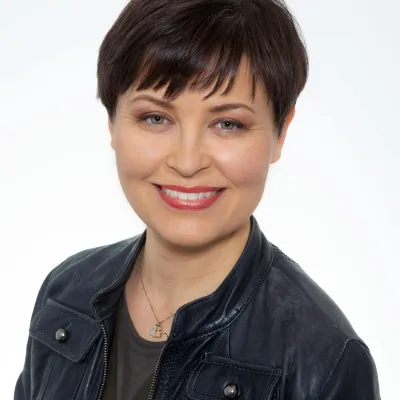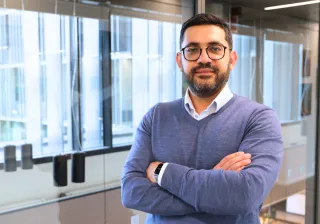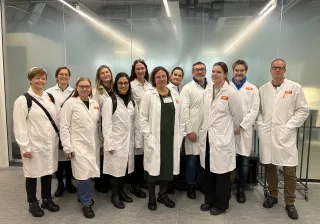Big, global and surprising changes ask that individuals, organisations and nations have an even better ability to survive tough situations and emerge renewed. This is futures resilience. But how do you build it?
Futures resilience is based on the ability to anticipate possible futures and have the desired option come true with one's actions. There is an increasing need for it in society. It is clear that a changing operating environment demands more powerful futures thinking.
Futures resilience is not a given, but anyone can learn related skills no matter their age or background. You can also knowingly teach these skills.
How do you access wisdom of the future?
Futures resilience is based on futures literacy. This refers to the ability to understand how futures influence the now moment and how today's decisions and actions also influence the futures.
Same as with sustainable development, futures literacy should be a civic skill permeating society, and it should be a part of the everyday life of individuals and businesses. You can improve the ability to read the futures by practicing concrete futures skills in these eight areas (article in Finnish):
- Perception of various futures
- Systems thinking
- Time perspective
- Critical thinking
- Creative thinking
- Proactive and sustainable activities
- Acceptance of uncertainty
- Reflection
The skills require training
We often think of the future in a narrow, linear manner. However, systematic training helps you broaden your vision of the future. The training programme of futures skills provides you with tools for this.
There are various methods, tools and exercises that have been developed within futures research. These form the basis of the training programme. Together with my colleagues, I have designed the futures skills training programme that you can see in the picture. It consists of various exercises. We have applied this programme within training and education to strengthen the futures skills of future generations.
As prompted by the training programme, we practice perceiving various futures with ‘what if’ questions, for example, and by creating different future scenarios. Then, critical thinking or reflection skills are practiced by challenging these assumptions of the future, for instance. The training programme is meant for individual practising and collective development work.

Is the training effective? How do we know?
Future skills are learned in various training sessions, coaching and future workshops. Afterwards, it is often necessary to assess what we achieved in the process.
At VTT, we have developed a multi-criteria model for evaluating the impact of foresight. We applied the model in Sitra’s Futures Frequency workshop method (article in Finnish) to make visible how the method develops futures thinking and agency at the individual and community levels, as well as in the whole society. We also identified factors that hinder or enhance the impact.
Our model considers both individual and broader cultural levels that influence breakthroughs in futures thinking in the whole society. At the individual level, self-evaluation plays a crucial role. With the help of set questions, anyone can assess how practicing futures skills has influenced their actions. Central in this is self-efficacy which means that a person’s own perception of their abilities influences their actions no matter what their abilities are objectively speaking. Assessment is reflection on what has been learned and it is an essential part of futures skills and their development.
Futures skills need to be developed together
Strengthening futures skills is a hot topic right now in various organisations. This development work needs to be done together at the individual and community levels. It is clear that if an individual lacks futures skills, the organisation cannot have them either. Individuals develop their own skills, but an organisation needs to create structures for this so that the futures resilience or ability to renew would truly develop at all levels of society.
There is no one model that would suit everyone, but an increasing number of organisations have started futures skills training programmes tailored for their needs in order to secure their futures resilience.





